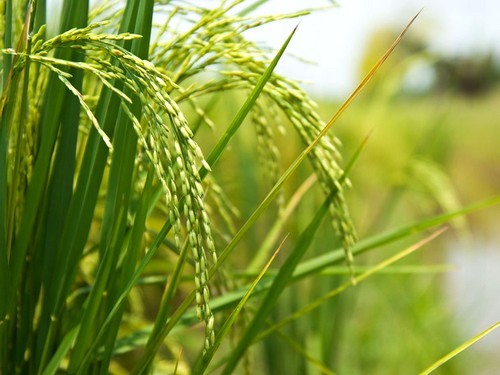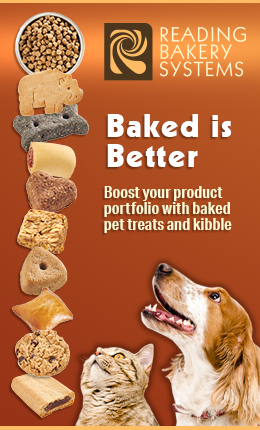In 2019, the global pet food market had a value of €73 billion and it's predicted to reach €103 billion by 2027.1 This expected growth is being driven, in part, by increasing demand from pet owners for more natural and premium products, which is a direct reflection of what is happening in human nutrition.
According to the American Veterinary Medical Association (AVMA): 'Trends in companion animal nutrition often mirror those in humans, reflecting the desire of pet owners to feed them diets that they consider to be healthy and beneficial for the well-being of their pets.'
As consumers move towards purchasing pet foods that contain more natural, healthy and safe ingredients, governments are encouraging this transition and also demanding more label transparency when selling such products.
Pet owners want their pets to stay healthy and foods containing health-promoting ingredients can help to support their pet's well-being. They are also concerned about food allergies; as such, there is now a growing demand amongst owners for hypoallergenic and clean label pet foods that address these needs.
Here, Karel Thurman, Commercial Director at BENEO Animal Nutrition, discusses how producers can make the most of this trend using rice protein to create veterinary diets and premium pet food products.
Human and pet trend crossover continues
Although limited ingredient diets have been translated into more transparent and recognisable ingredient lists, the original purpose of these diets was to alleviate pet allergies.
Veterinary data show that 20–30% of dogs and approximately 15% of cats that have been diagnosed with pruritus, allergic skin disease or atopic dermatitis, suffer from cutaneous adverse food reactions (CAFRs), which are likely to represent food allergies (FAs) of immunologic origin.2
Studies such as these substantiate a driving demand for hypoallergenic ingredients and products that can help owners to support their pet's limited-ingredient diets, as well as the prevention of allergies.
BENEO's research has shown that two in every five respondents say that using no allergens — such as gluten, soy, corn and wheat — makes food seem a lot healthier.
This highlights that concern about food allergies applies to the majority of pet owners, meaning that pet foods that support limited-ingredient and hypoallergenic diets hold mass appeal and is an area sure to grow in popularity in the years to come.
Other consumer trends that continue to crossover to the pet food category include increasing demand for added protein, digestive wellness and plant-based products.
Digestive wellness is also an increasing concern. Mintel figures show that 81% of European cat and dog food buyers believe that actively looking after their pets' digestive wellness is essential for their overall health; as such, natural, easy to digest ingredients are therefore a key purchasing decision driver for pet owners.3
With pet owners becoming increasingly conscious about what is in their pets' food, it's no surprise that demand for hypoallergenic, highly digestible and plant-based veterinary and premium diets is on the rise.
To meet this need, more and more manufacturers are incorporating rice protein into their pet foods. This is largely because of the fact that it is a high quality, concentrated protein source with an excellent amino acids profile.
Rice protein for pets with food allergies
Similar to humans, many cats and dogs suffer with gastrointestinal issues. There can be many causes for these issues, including parasites, viruses, bacterial infections, pancreatitis or simply eating something they shouldn't.

For pets with symptoms that only present when eating a diet, gastrointestinal problems can also be caused by a food allergy or an intolerance.
With unique protein and carbohydrate sources, limited-ingredient diets reduce the number of potential triggering allergens in the end product. As a hypoallergenic, clean label ingredient that is free from the most frequent food allergens, rice protein is well suited for use in such diets.
With this in mind, BENEO's rice protein is a high quality and concentrated protein with a protein content of more than 80%, which is produced in Europe from non-GMO raw materials sources.
Rice protein for sensitive pets
In pet foods when high digestibility is required, rice protein is also the ideal ingredient. It has shown an apparent digestibility of 87% in dogs, making it not only attractive for pets with allergies, but also for sensitive pets such as puppies and older animals.4
In addition, BENEO's rice protein is produced in alkaline conditions, which leads to significantly better digestibility than other rice proteins that have been isolated using an acidic treatment.5
By: Beneo
You could be interested: Greenwashing in pet food: what it is and how to avoid it































